Filter by
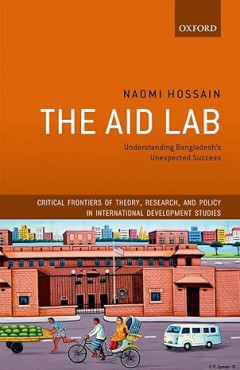
The Aid Lab: Understanding Bangladesh's Unexpected Success
From an unpromising start as 'the basket-case' to present day plaudits for its human development achievements, Bangladesh plays an ideological role in the contemporary world order, offering proof that the neo-liberal development model works under the most testing conditions. How were such rapid gains possible in a context of chronically weak governance? The Aid Lab subjects this so-called 'Bang…
- Edition
- -
- ISBN/ISSN
- 9780198785507
- Collation
- -
- Series Title
- -
- Call Number
- 3
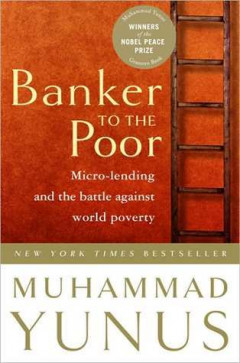
Banker to the Poor
The Story of the Grameen Bank
- Edition
- -
- ISBN/ISSN
- 9781854109248
- Collation
- -
- Series Title
- -
- Call Number
- 3
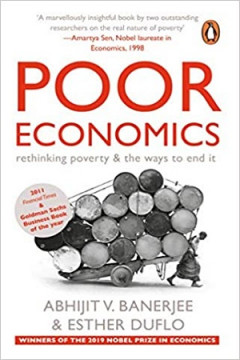
Poor Economics
In their book "Poor Economics," Abhijit V. Banerjee and Esther Duflo explore the behaviors of impoverished individuals, shedding light on intriguing questions such as why they take loans to save money, forego free life-saving vaccinations while spending on unnecessary medications. The authors, working to eradicate global poverty, delve into the practical realities faced by the poor, revealing t…
- Edition
- -
- ISBN/ISSN
- 9781586487980
- Collation
- -
- Series Title
- -
- Call Number
- 3
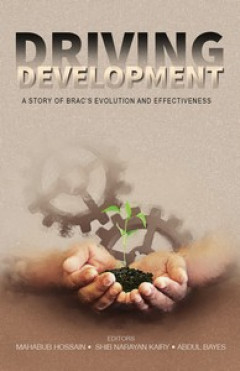
Driving Development A story of Brac's Evaluation and Effectiveness
This book is an edited volume of contributions made by insiders of BRAC – the senior programme leaders who themselves have had their career advancement being involved in the management of the programme, and professionals of the BRAC’s Research and Evaluation Division (RED) who were intimately involved in studying the programmes and assessing the impacts.
- Edition
- -
- ISBN/ISSN
- 9789845062381
- Collation
- -
- Series Title
- -
- Call Number
- 3
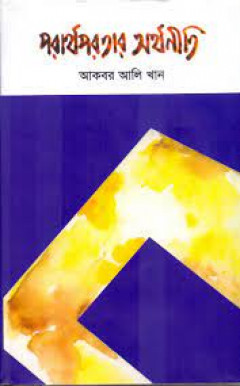
পরার্থপরতার অর্থনীতি
বাস্তব জীবনের অর্থনৈতিক সমস্যা সম্পর্কে মূলধারার অর্থনীতির বক্তব্য তুলে ধরার লক্ষ্যে এই গ্রন্থে লেখকের পনেরটি প্রবন্ধ সন্নিবেশিত করা হয়েছে। বইটি…
- Edition
- -
- ISBN/ISSN
- 9789848815311
- Collation
- -
- Series Title
- -
- Call Number
- 3
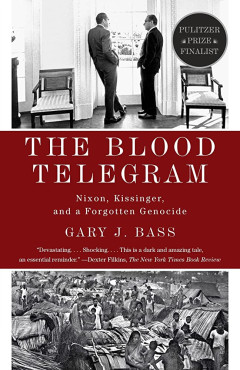
The Blood Telegram: Nixon, Kissinger, and a Forgotten Genocide
The Blood Telegram: Nixon, Kissinger, and a Forgotten Genocide is a 2013 book by American journalist and academic Gary J. Bass about The Blood telegram. The Blood Telegram is a state department dissent memo on American policy during the 1971 Bangladesh genocide sent by Archer Blood the American Consul General to Dhaka, East Pakistan.
- Edition
- -
- ISBN/ISSN
- 978-0307744623
- Collation
- -
- Series Title
- -
- Call Number
- 3